Spice Girl
With small portions of bold flavors packaged in airtight pods, Lisa Carson, C’12, wants to change the way you cook by helping you use fresher spices and reduce waste.
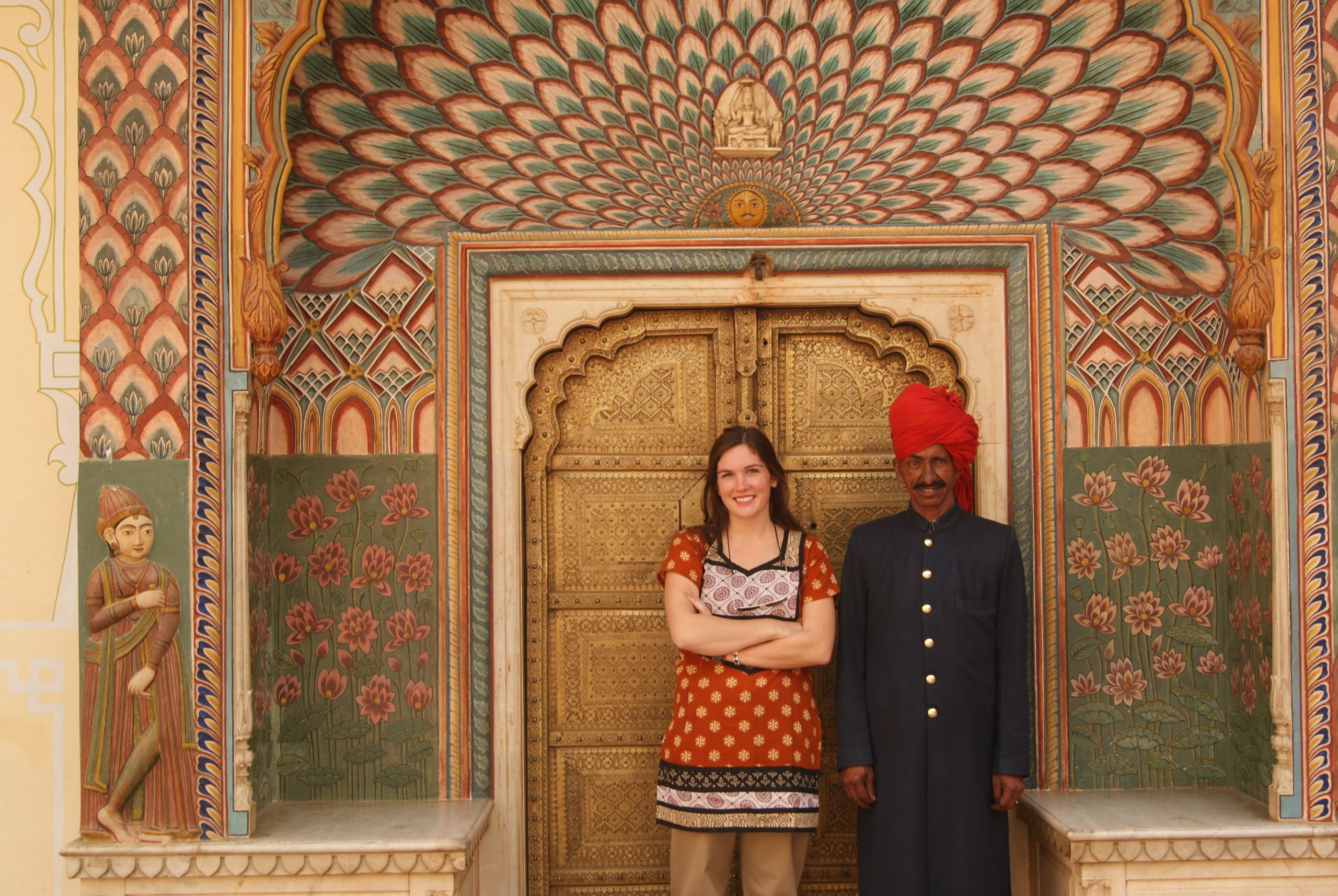
In 2012, Lisa Carson found herself repeating the same strange ritual at her neighborhood grocery store in Jackson, Wyoming. She’d begin wandering the aisles all pumped up over a new recipe she’d seen on Pinterest only to realize the ingredients called for all manner of obscure spices, oils, and pastes. “And I would think, ‘I don’t know if I’m ever going to use this tahini paste again,’” she recalls. “‘And it’s expensive. And I’m only cooking for two people.’” Was it really worth running up a sizeable grocery bill buying spices that would likely sit in her pantry for months, possibly never to be used a second time, all because she wanted to have some fun experimenting in the kitchen? Ultimately, she would return all of these items to their shelves and leave the store, financially better off but culinarily impoverished.
Carson, C’12, had just graduated from Sewanee, and she and a bunch of fellow grads were doing what some 20-somethings do right out of college—scraping by in an interesting place, working random jobs, and contemplating their futures. It was also a time for dabbling, experimenting, and pursuing all manner of interests. When Carson wasn’t working at the antique rug store in Jackson’s downtown square, or ringing up customers in the restaurant at the nearby ski resort, she was cooking for herself and her friends. Pinterest was just becoming popular, and she suddenly had access to a ton of intriguing recipes. But that moment in the Albertson’s stuck with her. “I started to realize there was this gap in the system, in the way we buy ingredients,” she says. “I began to have visions of what a solution might look like.”
Today that vision has become Occo, Carson’s one-of-a-kind online business that provides spices in convenient, half-teaspoon portions, delivered in airtight pods to keep them fresh until they’re used. Think Nespresso, but instead of coffee, the aluminum pod contains things like Kashmiri chile, Sichuan pepper, rose petal, or any of dozens of spices that home chefs might need just a pinch of, rather than an entire pricey bottle. Customers can buy these pods in groupings of eight arranged in birthday-card-like packets. If you happen to need four teaspoons of Euphrates mint, for example, order the Euphrates mint card. Or you could buy a recipe card, the eight pods constituting the spice requirements for a single recipe. The “pho spiced beef shish kebab” card includes two pods of star anise powder and one pod each of clove powder, Saigon cinnamon, ginger, fennel powder, coriander, and tellicherry black pepper. That particular recipe, by the way, comes from “Top Chef” winner Mei Lin, one of several celebrity chefs Occo has partnered with.
Carson’s unique venture, launched in 2019, is causing a stir in the meal kit sector and beyond. The Boston Globe called Occo “innovative” and “a novel way to discover new dishes.” Forbes said Occo (which comes from the Italian word abbiocco, meaning that food-coma feeling induced by giant meals) encourages “home cooks to experiment without breaking the bank or creating tons of waste.” Carson won’t reveal numbers, but she says Occo is doing really well. “We’re finding our market,” she says. “It’s an exciting time.”
The journey from random grocery store idea to trendy culinary business success— and elbow-rubbing with star TV chefs—was not easy. “This whole thing, this business, has been scary and humbling, but spiritually really good,” Carson says. “It really checks your ego.”
Carson found some of what it takes to succeed in business at Sewanee, where she didn’t actually begin her college career. She spent her freshman year studying political science at George Washington University in Washington, D.C., but quickly realized the campus was more of a pre-professional school than a place of exploration. Everyone there, it seemed, wanted to graduate as soon as possible and then land a job on Capitol Hill. Sewanee, located closer to her childhood home in Nashville, couldn’t have been more different. “Fitting in was a lot more important at GW,” she says. “It was less about discovering yourself. Career success was the thing there. Sewanee gave me a hearty appreciation for doing your own thing. I had a lot of creative energy. You can be who you want to be there, and you don’t need to answer to expectations.”
Carson reveled in classes taught by Political Science Professor Gayle McKeen, whom she credits with “opening me up to so many ideas.” She also loved creative writing classes with Associate Professor of English Kevin Wilson. Another thing she likely wouldn’t have done had she stayed at GW was spend a transformative junior year abroad in India. Bopping around from Rajasthan to the Himalayas to the west coast, she learned that not only is India significantly different from the United States, but that India itself is incredibly diverse. “India showed me that the way you live your life is very specific,” she says. “We think the way we live is the only way, but that’s not true. There are a million different ways to live, a million ways to look at something.”
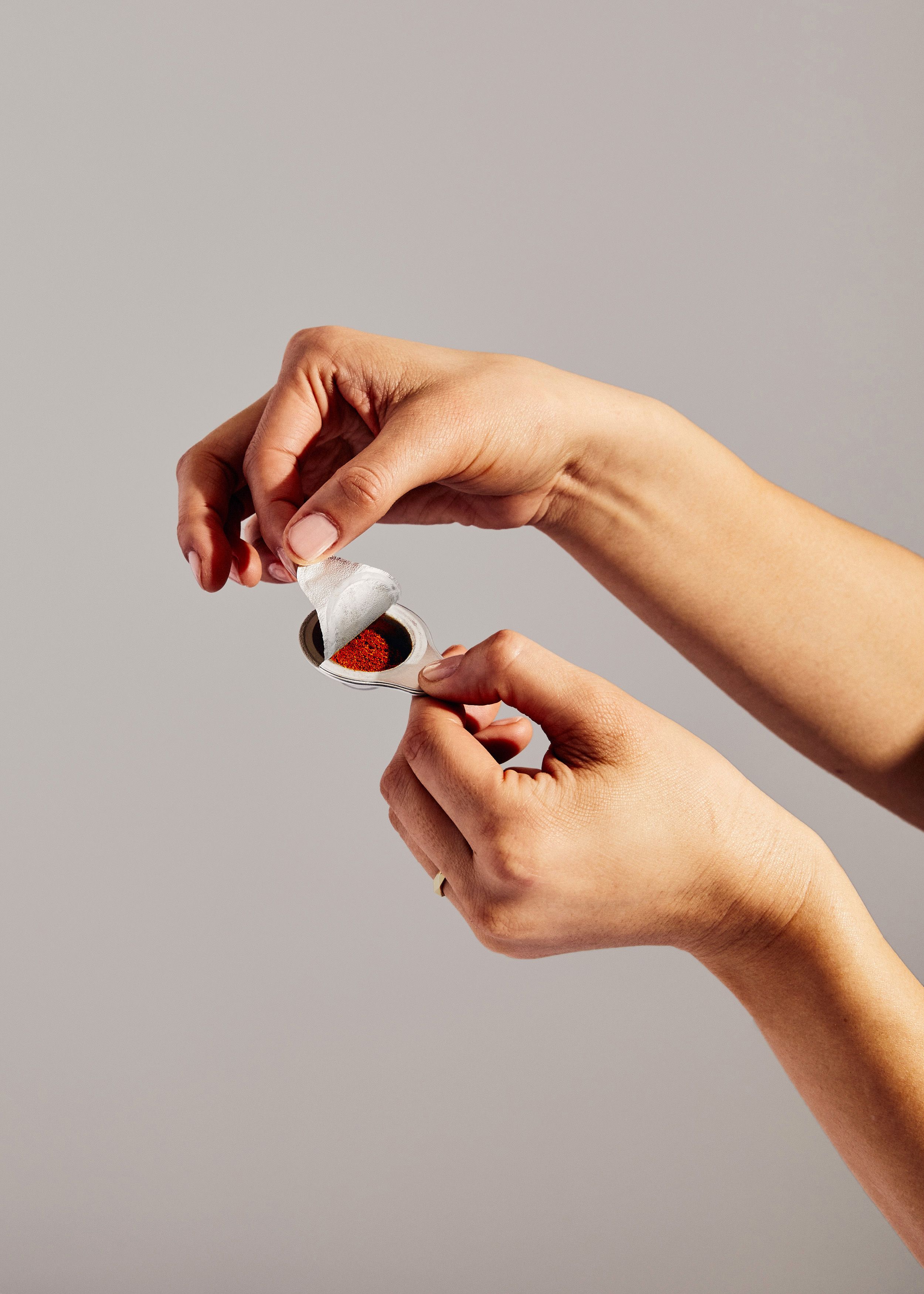
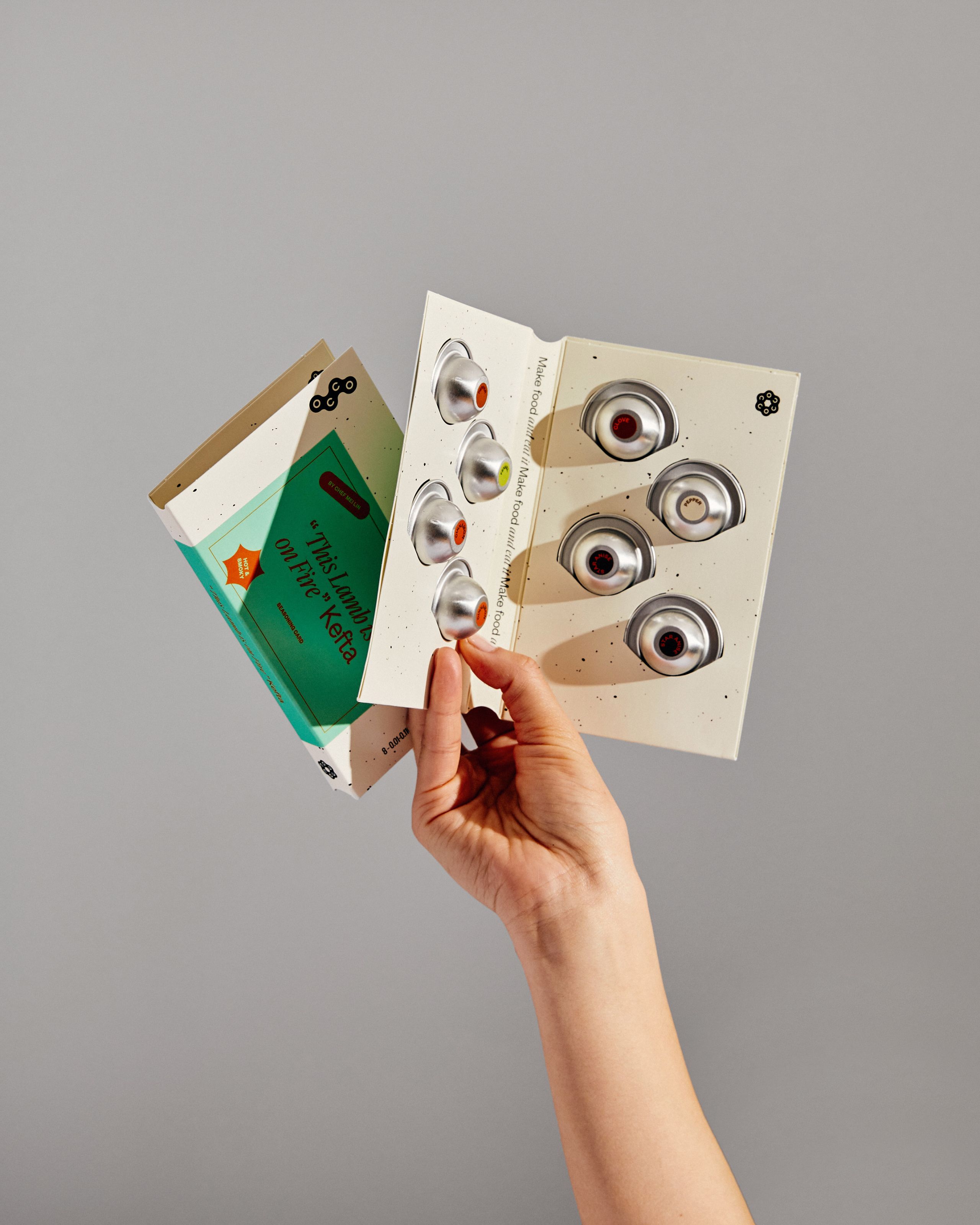
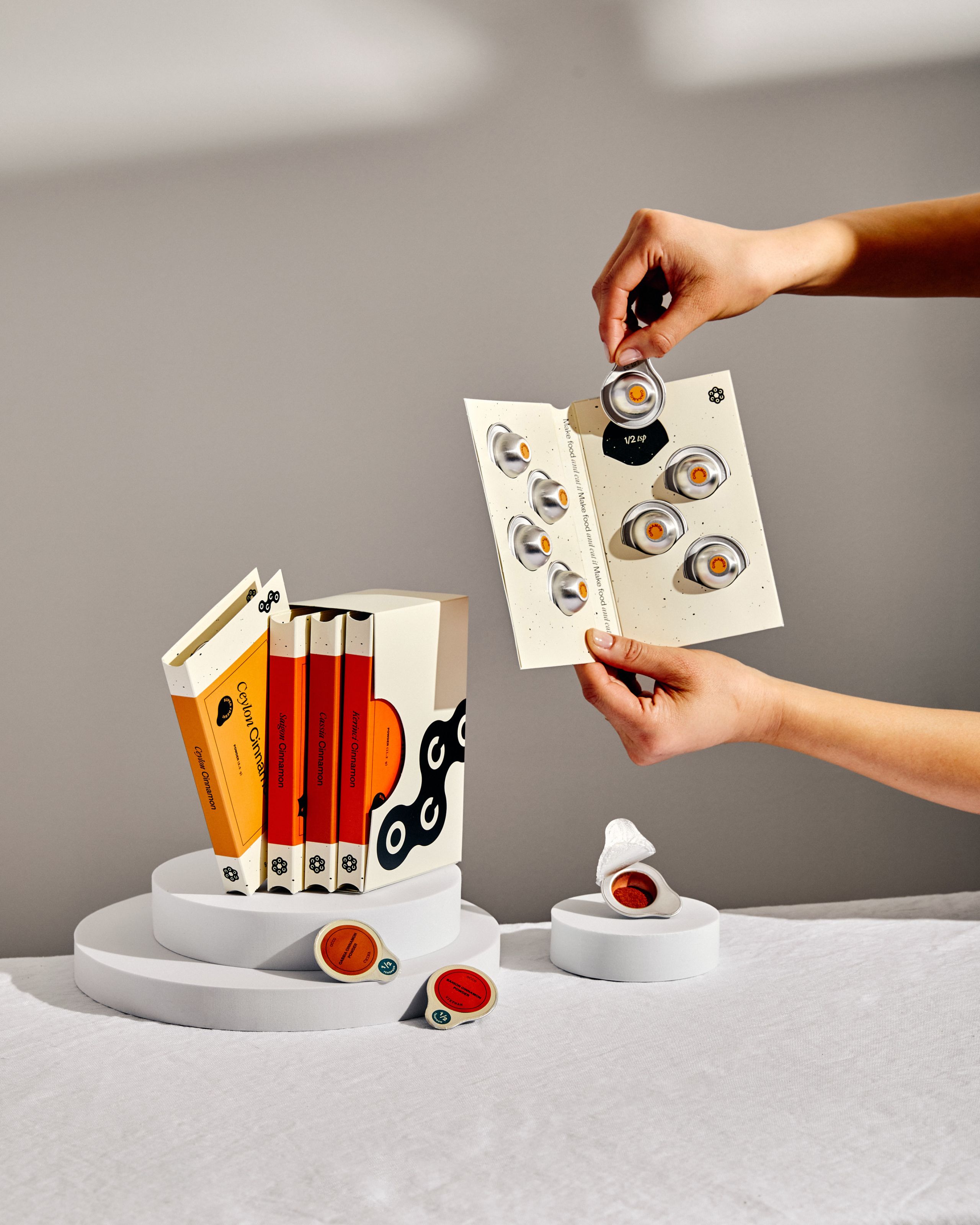
After a year in Wyoming, Carson began working in advertising, first at an agency in Nashville, then at one in New York City. It was at this second agency, Ruder Finn, that Carson met her future business partner, Connie Wang. The women worked well together, and after Carson shared her spice idea with Wang, the two began targeting their agency work toward the food and agriculture sector, to learn as much as they could about that space. Companies like Subway and Bayer became their biggest clients. Carson later followed a Ruder Finn mentor of hers, Mike Grillo, to his successful startup company, Gravity Blankets. “I learned how a business works from the inside,” Carson says, “not just from the perspective of a consultant.”
In 2018, Carson and Wang struck out on their own, with capital initially provided by family and friends. They later raised $80,000 with a Kickstarter campaign, and then they linked up with a New York-based business incubator called Techstars. During this time, Carson also spent three months traveling through Indonesia, Vietnam, Cambodia, and India to learn about the spice supply chain and to gather intelligence on quality sources. She started her trip on the small island of Ternate, in Indonesia’s Maluku Islands, a spot considered the birthplace of the spice supply chain. “It’s a fascinating archipelago of islands with a rich history of flavor and a terrible history of colonization,” Carson says. “An important place to start the journey.” She and Wang then set up a manufacturing plant in Bridgeport, Connecticut, and in the fall of 2019, they ordered all the equipment they would need from China.
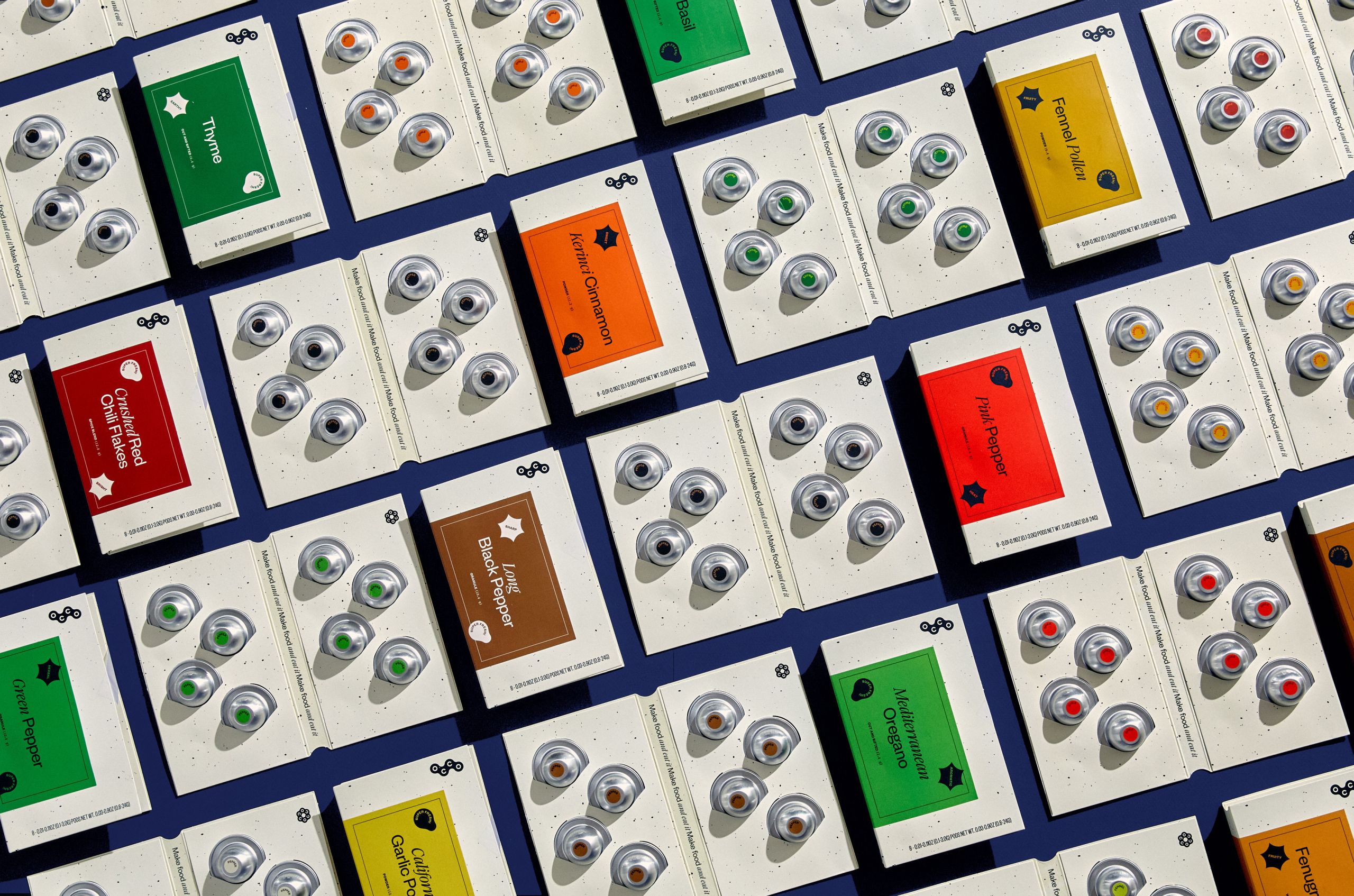
Then COVID-19 hit. Their machines didn’t arrive until September 2020. “Covid sucked,” Carson says.
In the meantime, the women came up with a novel idea: convince high-profile chefs that the system is shortchanging them. “Our pitch to them was, if you write a cookbook, people will buy your book,” explains Carson. “But then when they use your recipes, they’re shopping at the grocery store, giving their money to the store. That money is a huge part of the process, and you’re not getting any of it. If you’re driving people to the store with your recipes, shouldn’t you be compensated for that?” That strategy lured kitchen luminaries like Nina Compton, a finalist on “Top Chef,” and Adriana Urbina, a three-time winner on “Chopped,” into co-branding deals with Occo. Those chefs now make money whenever the company sells one of their cards.
Currently, Occo’s best-selling products are the cards of chefs Gregory Gourdet, who owns Kann Winter Village in Portland, Oregon, and Lin, who owns Nightshade in Los Angeles. “They involve some unique flavors that people don’t typically have on hand, and they’re relatively easy to make,” Carson says. “When you go to the store, you only have to get five ingredients, and you’re good to go.”
